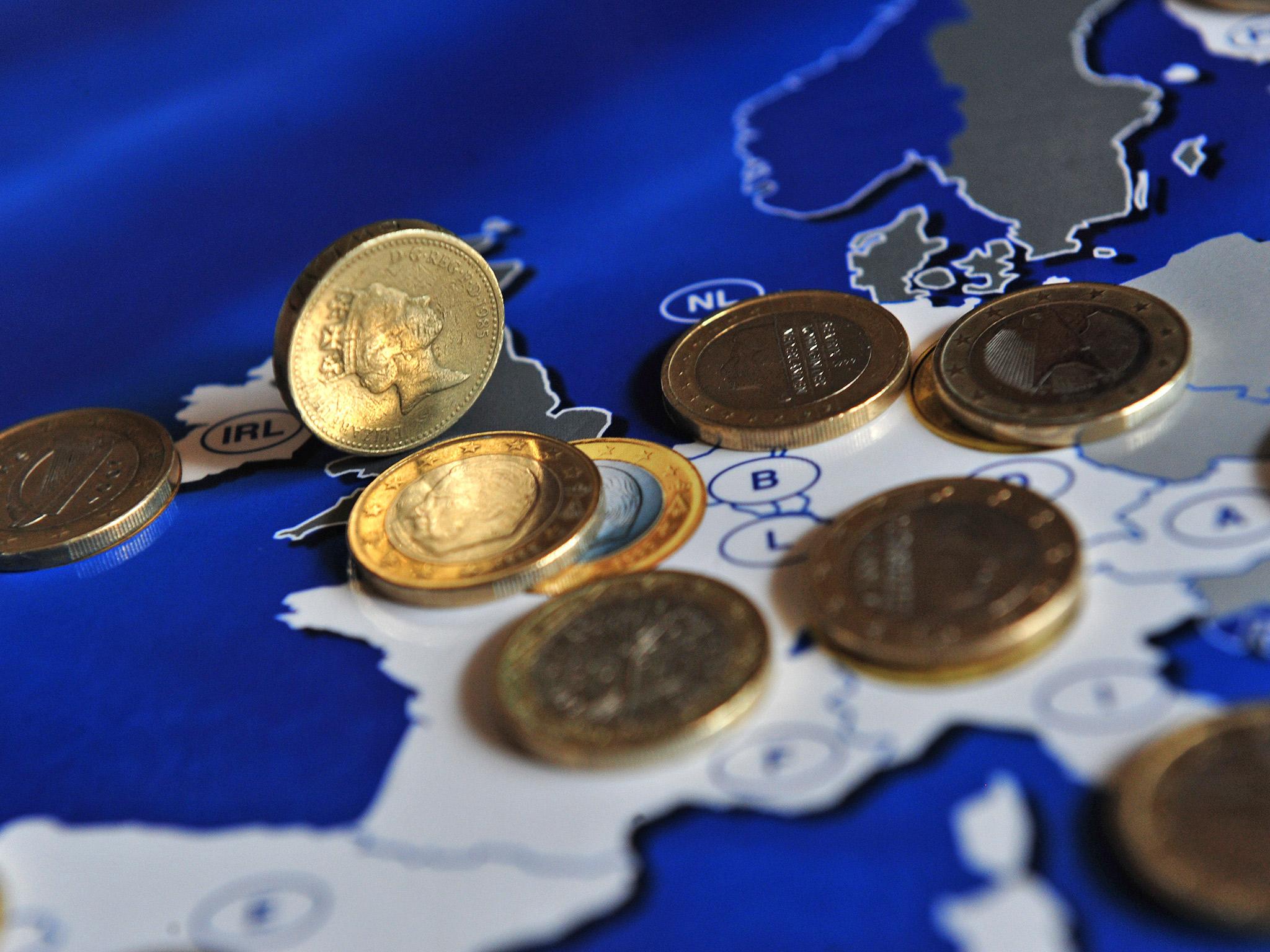EU referendum: How the tumbling pound affects British tourists
Market uncertainty has seen sterling slide, spelling financial embarrassment for UK passport holders

Admission to the Louvre today costs more than £12 – the highest price in history in sterling terms – at the rate of exchange offered by your post office. Against the euro, £1 buys 11 per cent less than it did just three months ago, effectively adding a tenth to prices in the euro area.
Six months ago, the pound looked fairly robust against the dollar, with a value of almost $1.60; yesterday, sterling sank below $1.40, its lowest level for seven years. While the basic New York subway fare has remained at $2.75 since last summer, the cost for British tourists has risen by 24p to almost £2.
Market uncertainty over the EU referendum has seen sterling slide. That spells financial embarrassment for UK passport holders.
It gets worse: the currencies in many destinations, from Dubai to the Galapagos, are locked to the US dollar, while the euro’s influence extends across French West Africa and parts of the Caribbean. When the pound takes a tumble over the White Cliffs of Dover, holiday budgets are the casualties.
Fortunately, there are some countries even more fiscally frail, where the British credit card will not melt at first contactless payment. The South African rand is a fifth weaker than a year ago.
Australian dollars have the same value today as a year ago. And a Sapporo beer in Sapporo will cost you less than it did a decade ago.

Good value is to be found for bad reasons. Turkey and Egypt have had diminished visitor numbers due to terrorism. With tourism so crucial to their economies, the Turkish lira and Egyptian pound are even more diminished against the euro and dollar than sterling is. That spells holiday bargains – if you can get there. Thomas Cook has redirected more than a million seats from Turkish and Egyptian routes, mainly to Spain and Portugal, making access trickier.
Some may recall sterling’s darkest days: the mid-1980s versus the US dollar, and early 2009 against the euro, when rates reached parity. We still travelled with impunity, albeit impecuniously.
Join our commenting forum
Join thought-provoking conversations, follow other Independent readers and see their replies
Comments
Bookmark popover
Removed from bookmarks